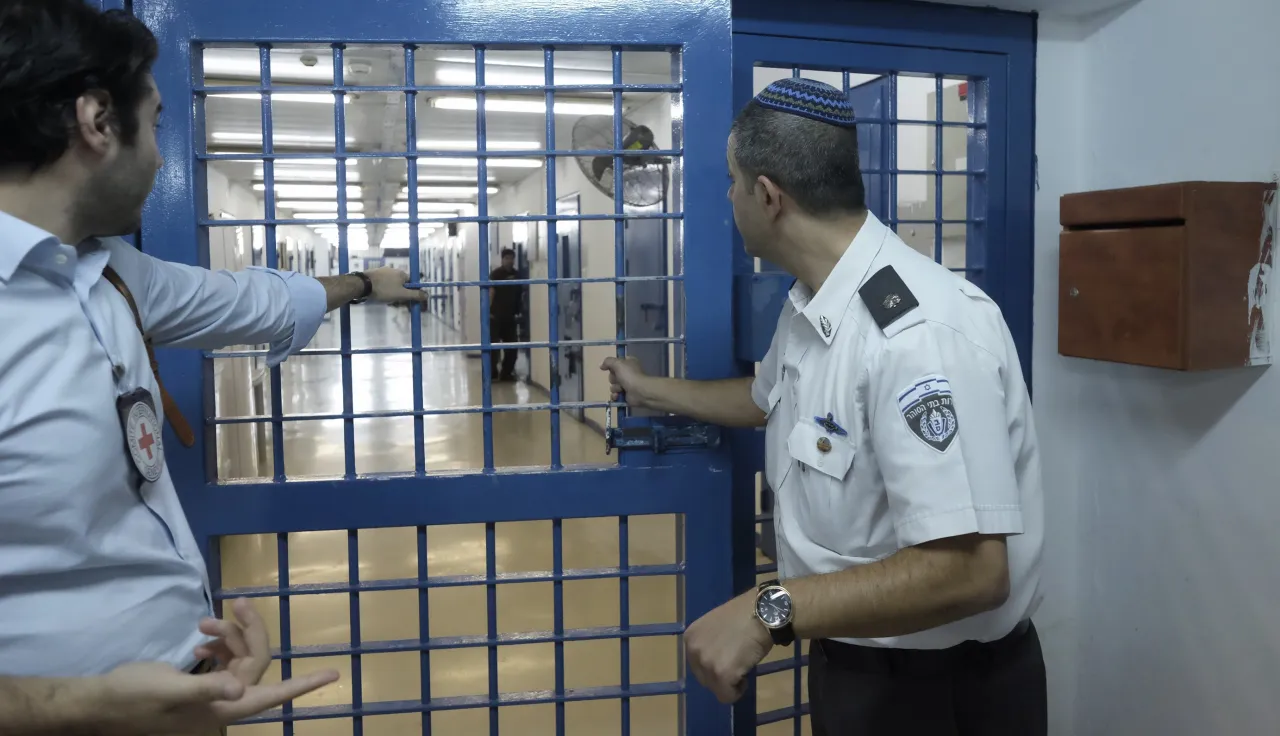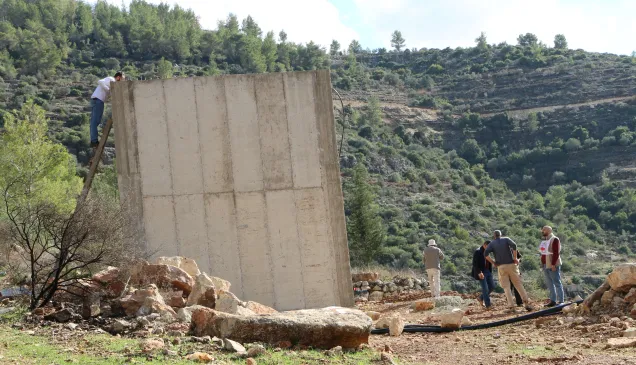Palestinian detainees on hunger strike at risk of irreversible health consequences

Jerusalem/Geneva –Thirty-nine days into a collective hunger strike by Palestinian detainees in Israeli prisons, the International Committee of the Red Cross (ICRC) calls on all concerned parties and authorities to find a solution that will avoid any loss of life or irreversible damage to the detainees' health.
"ICRC doctors have been visiting all the detainees on hunger strike and closely monitoring their situation," said the head of ICRC’s health department in Israel and the occupied territories, Dr Gabriel Salazar. "Six weeks into the hunger strike, we are concerned about potentially irreversible health consequences. From a medical perspective, we are entering a critical phase."
As a neutral humanitarian institution, the ICRC neither supports nor advocates against a hunger strike. It does, however, work to ensure that the detainees’ dignity and physical integrity are respected at all times. It is in that spirit that the ICRC has increased the numbers of its staff visiting detainees on hunger strike, including doctors, and stepped up its confidential dialogue with the detaining authorities.
The ICRC is in regular contact with the relatives of detainees on hunger strike and is a direct witness of their anxiety, which continues to mount in the absence of family visits.
For further information, please contact:
Nadia Dibsy (Arabic, English & French), ICRC Jerusalem, tel: +972 52 601 91 48
Jesus Serrano (English, French, and Spanish), ICRC Jerusalem, tel: +972 52 601 9150
Suhair Zakkout (Arabic and English), ICRC Gaza, tel: + 972 59 9255381



